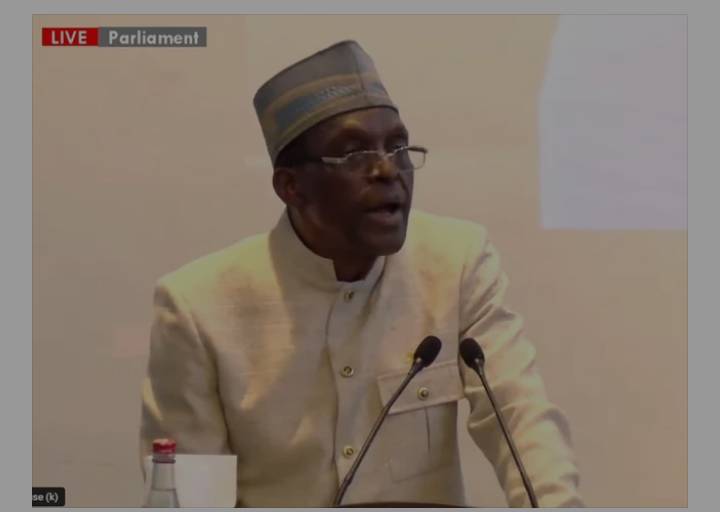Ghana’s Speaker of Parliament Accuses Judiciary and Executive of Undermining Legislative Independence
The Speaker of Ghana’s Parliament, Alban Bagbin, has voiced concerns over what he perceives as coordinated efforts by the Judiciary and Executive to diminish Parliament's authority. This accusation highlights a complex power struggle among the branches of government, centering on the boundaries of legislative autonomy and judicial intervention.
Bagbin’s statements followed a Supreme Court ruling that upheld a prior decision preventing him from declaring four parliamentary seats vacant. This judgment has intensified debate over the constitutional limits of the Speaker's authority and raised questions about the judiciary's role in parliamentary matters.
Initially, Bagbin had filed a challenge against the Supreme Court’s ruling, asserting that Parliament, as a distinct branch of government, should hold exclusive control over its own affairs. His application also aimed to nullify a writ from the Majority Leader, Alexander Afenyo-Markin, which had called for judicial intervention to stop the Speaker from making further declarations on the contested seats.
Speaking at a media briefing, Bagbin warned that this perceived encroachment by the Judiciary and Executive could destabilize Ghana’s democratic system. He emphasized that legislative authority, especially concerning Parliament’s internal functions, should remain outside judicial influence. According to Bagbin, such interference could erode the constitutional principle of separation of powers, a foundation of Ghana’s governance system.
"The recent actions of the judiciary amount to interference in Parliament's workings," Bagbin remarked. "This apparent collusion between the Judiciary and Executive to weaken Parliament risks undermining our democratic framework and the autonomy that Ghanaians have fought to establish."
Bagbin urged Ghanaians to remain vigilant about protecting the independence of each government branch, underlining the importance of legislative autonomy in a democratic society. He expressed concerns that the increasing reach of judicial decisions into parliamentary affairs could set a troubling precedent, threatening to erode Parliament's capacity to function as an independent and effective arm of government.
This dispute underscores broader issues within Ghana’s governance structure, as the nation grapples with balancing the powers of its three branches. Bagbin’s position reflects a call for a clear delineation of authority to safeguard the democratic principles enshrined in Ghana's Constitution.
As this conflict unfolds, it raises fundamental questions about the extent of judicial influence in legislative matters and the resilience of Ghana’s democratic institutions. The outcome of this power struggle may set a significant precedent, affecting the relationship between Ghana’s branches of government and the stability of its democracy.
Source: Citi Newsroom



No comments yet
Be the first to share your thoughts!